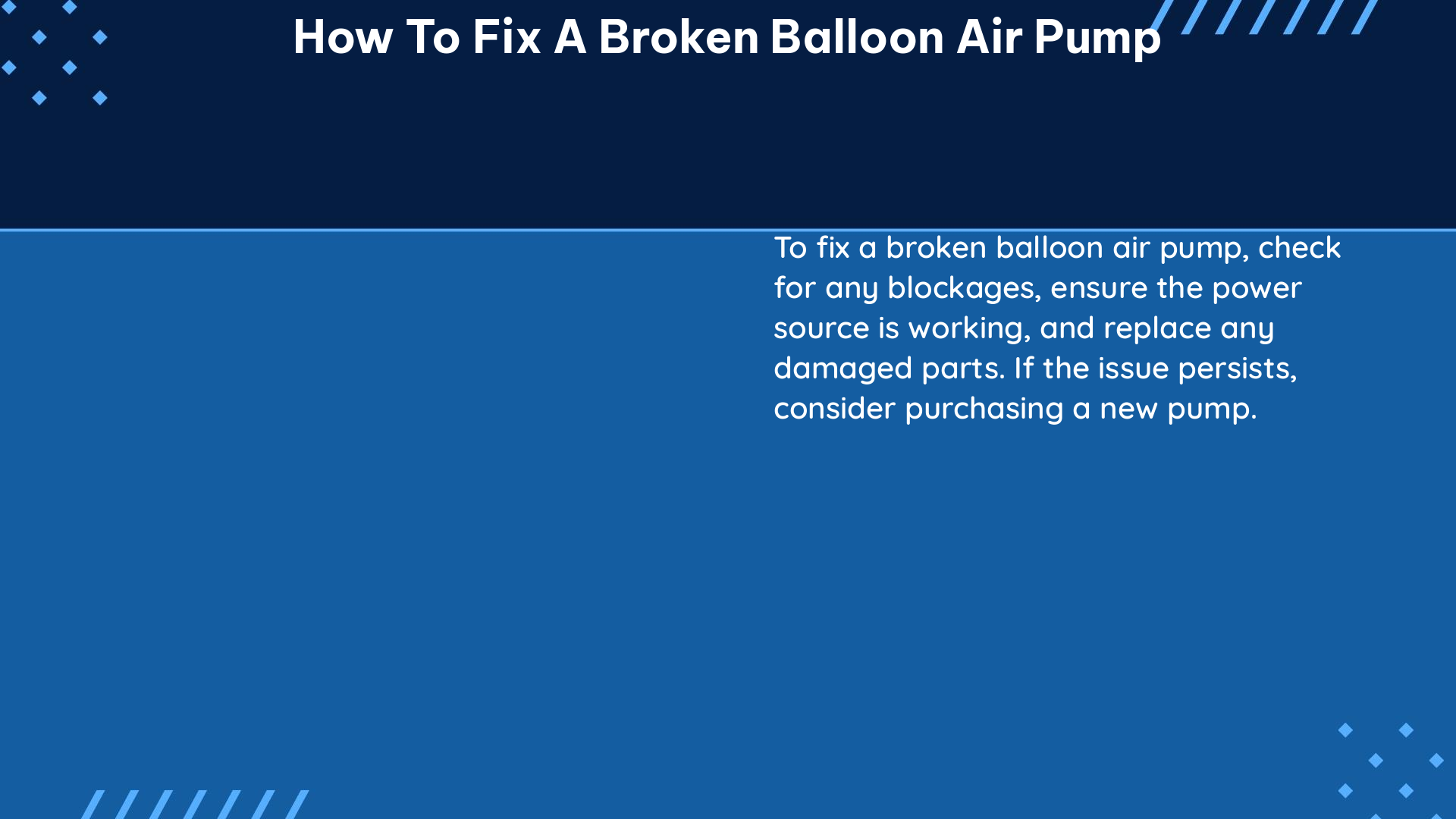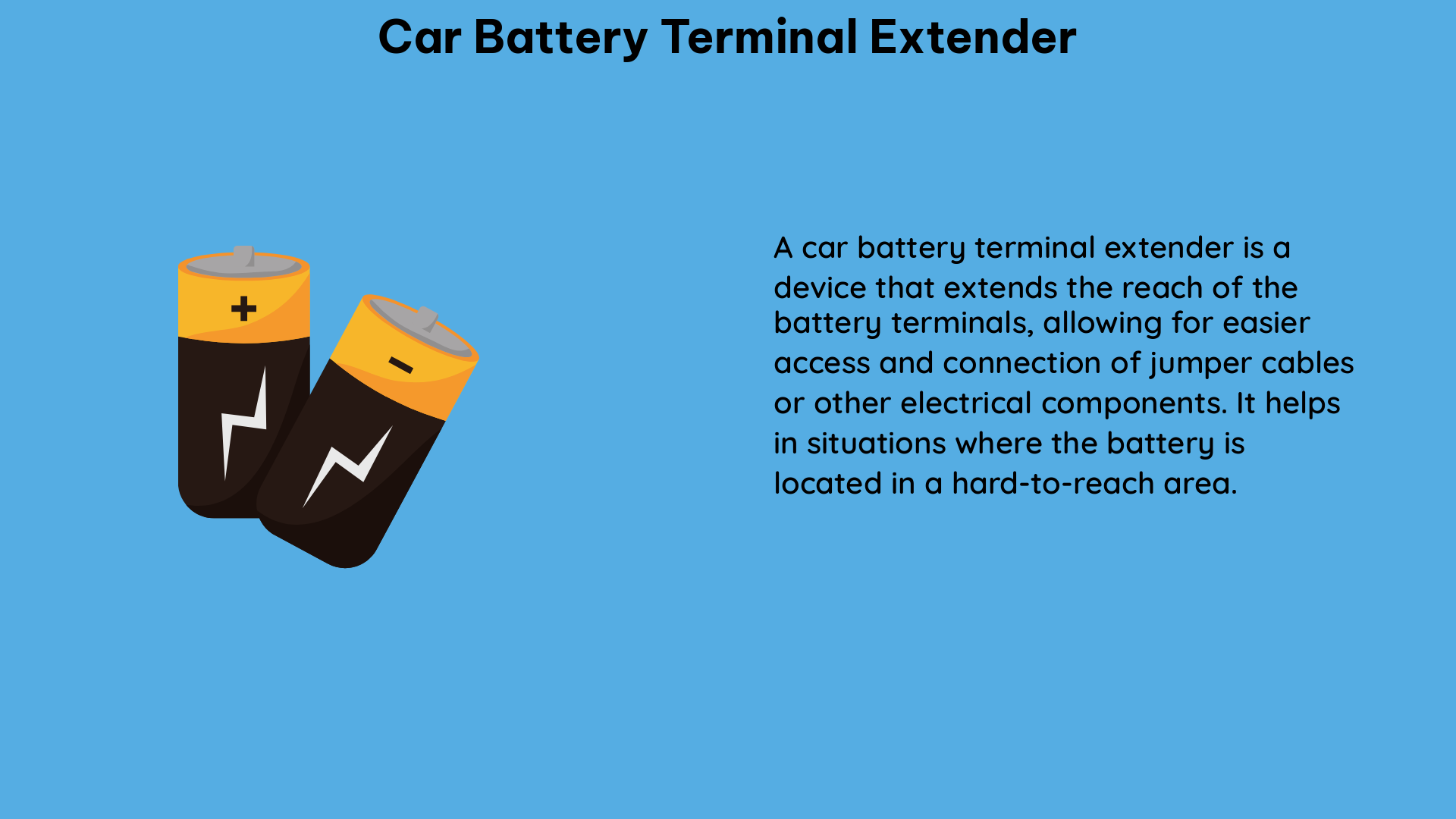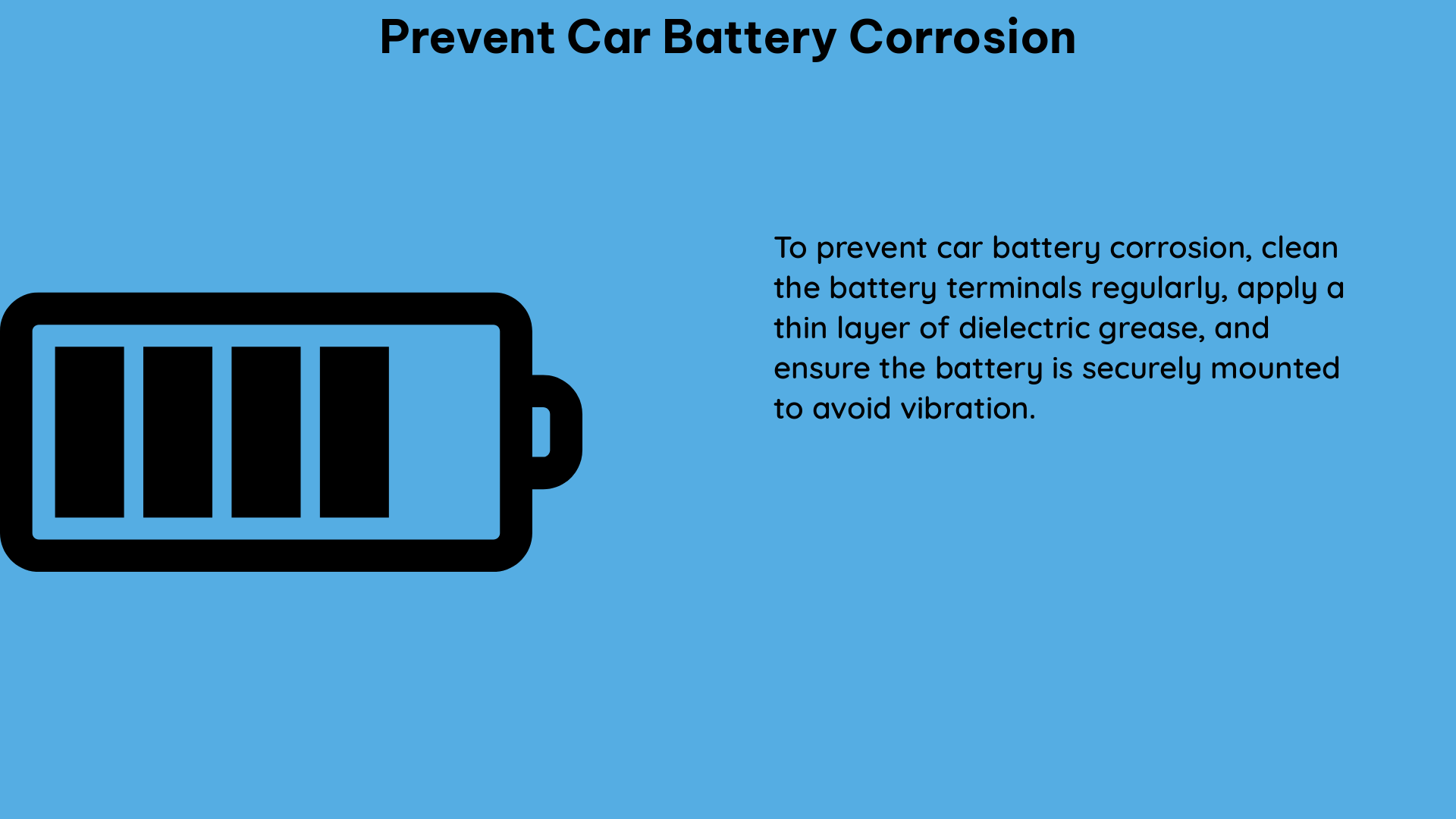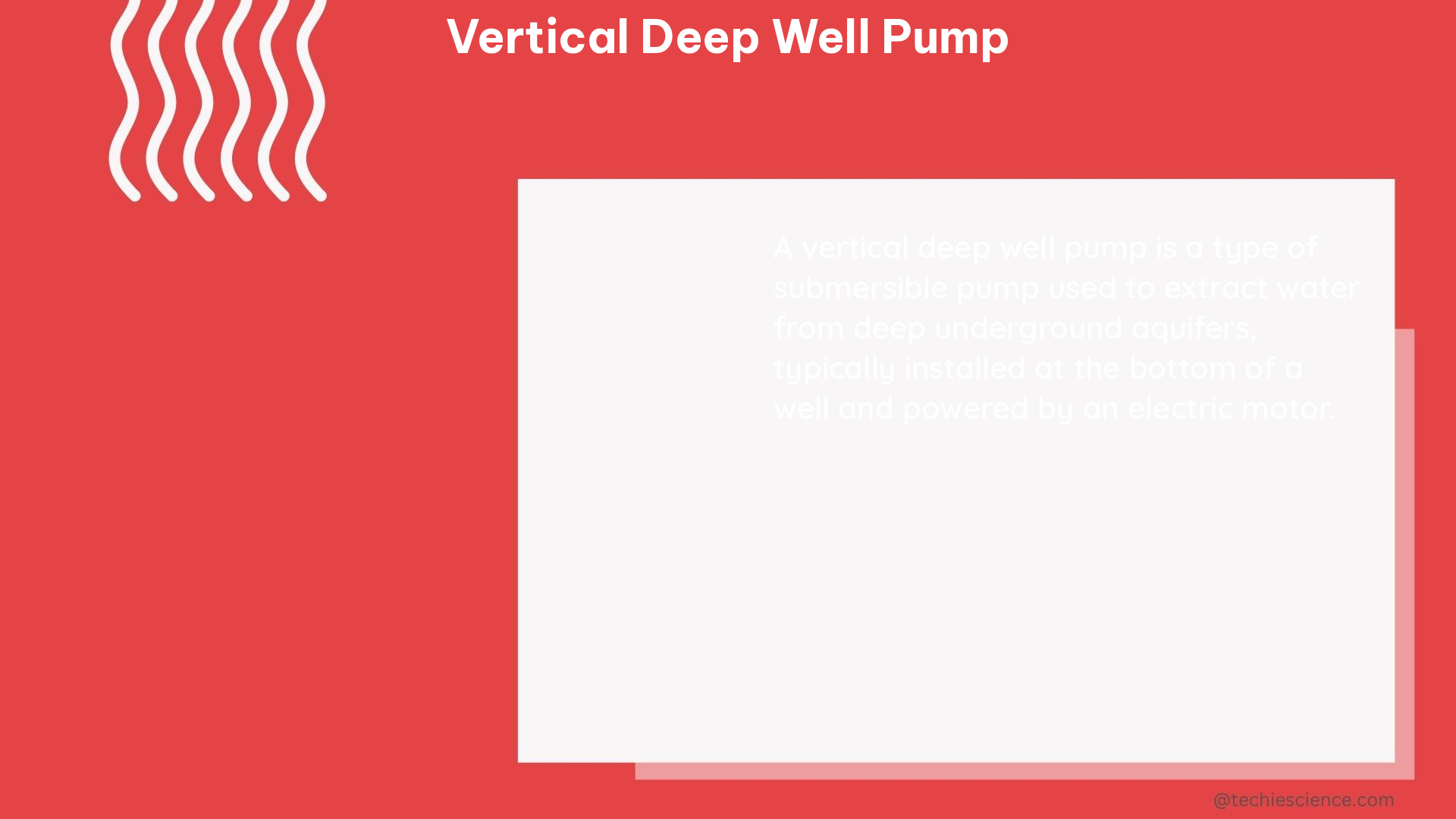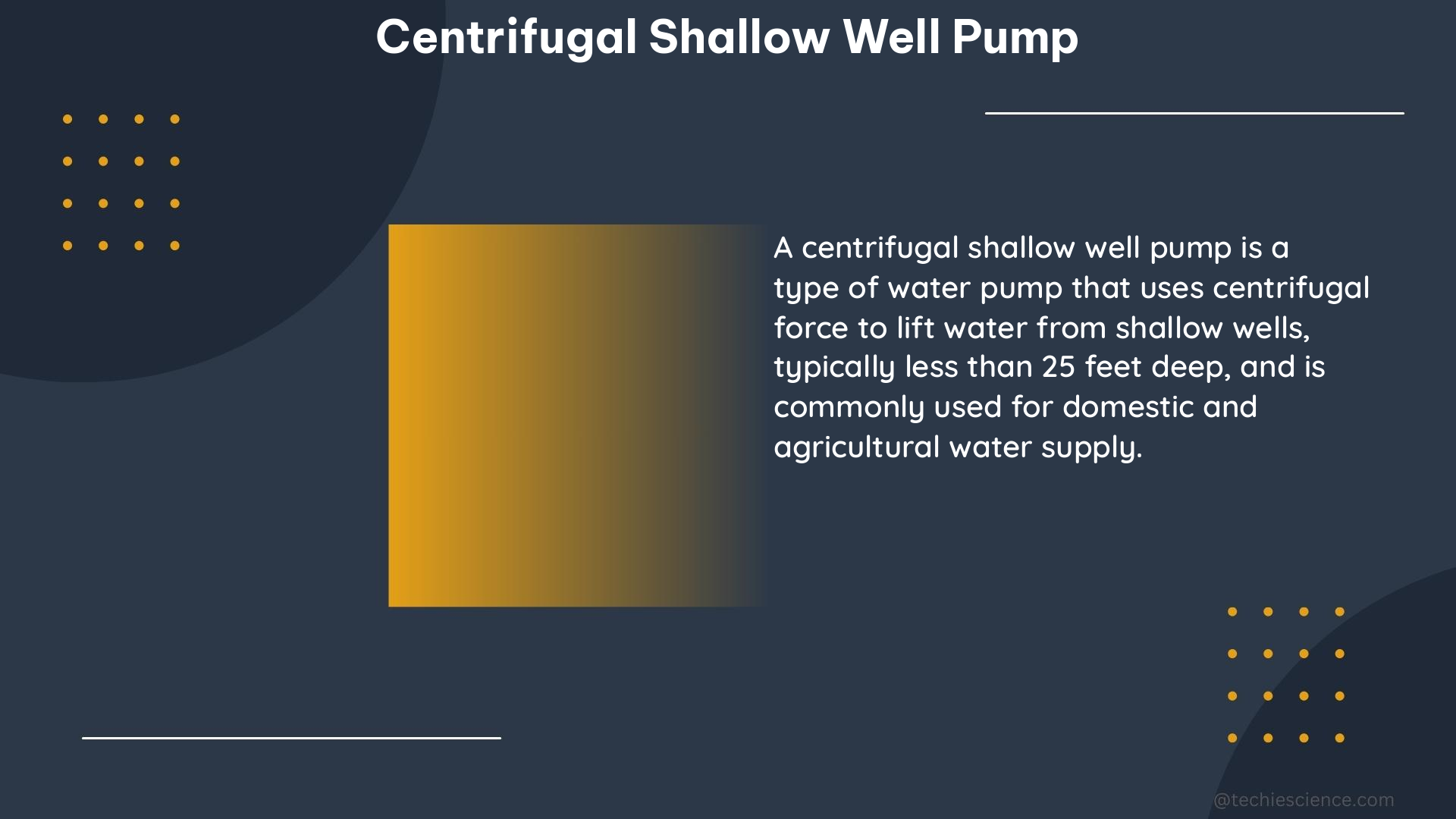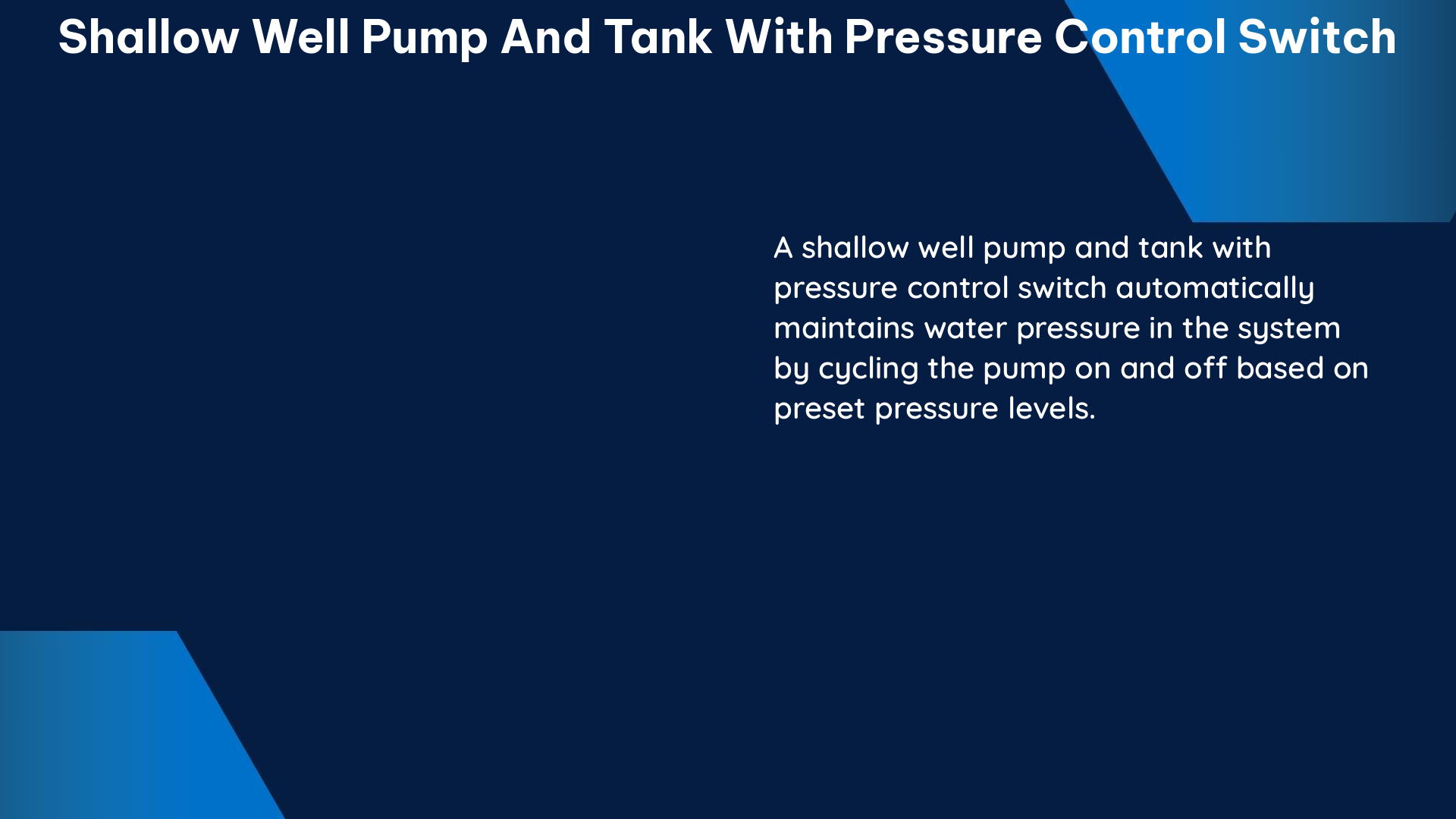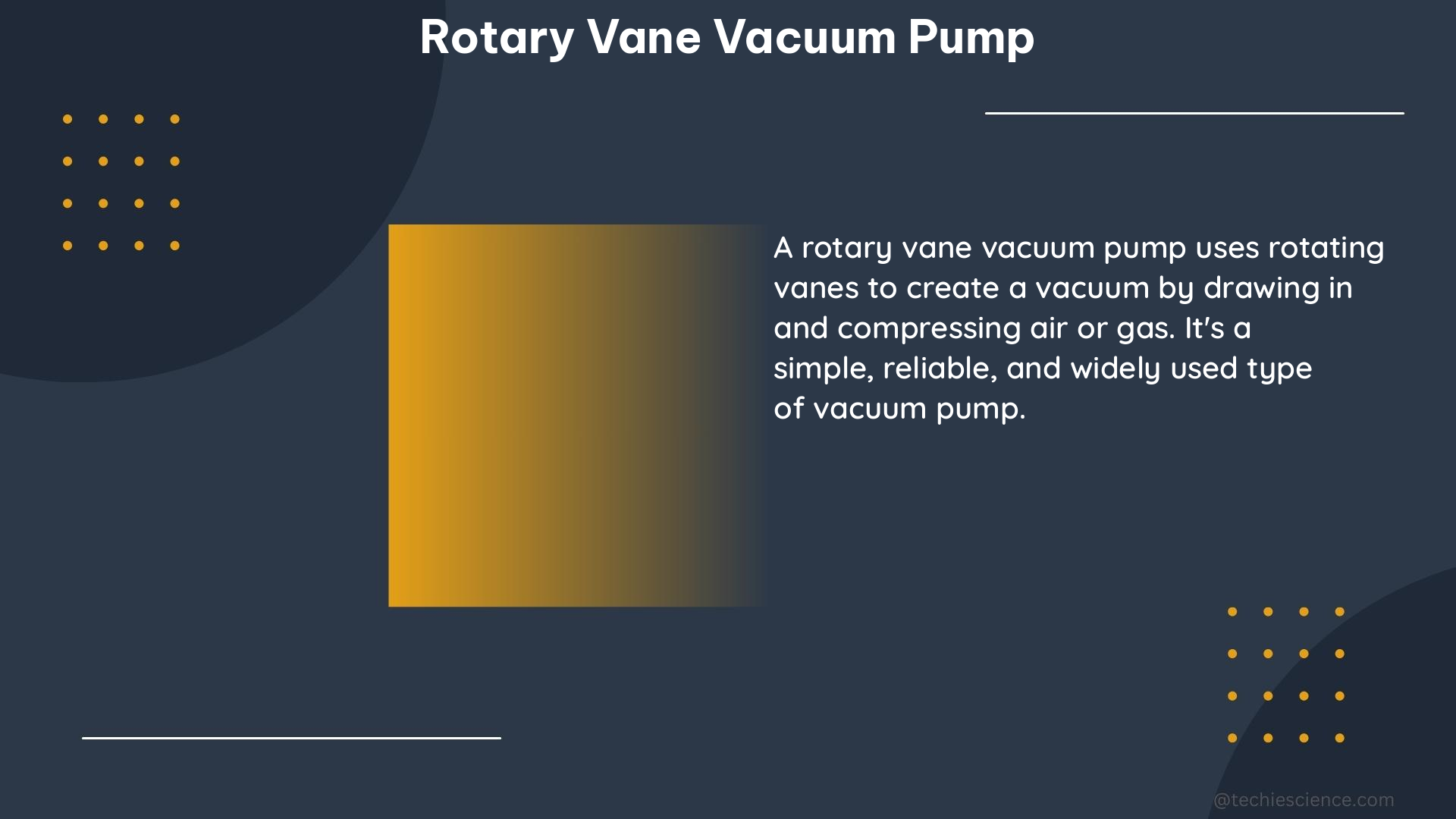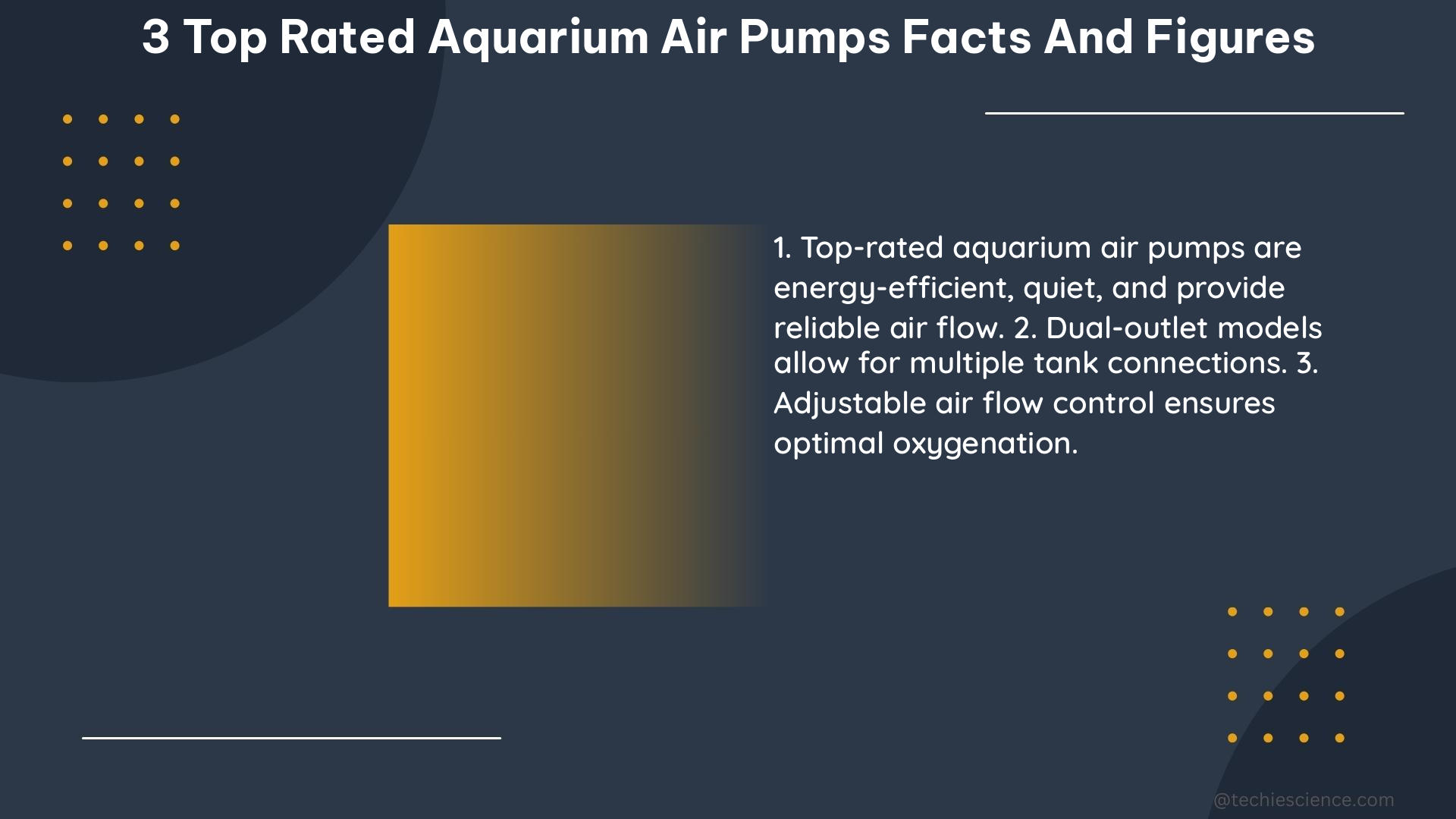When we talk about the marvels of aviation, the jet engine stands out as a pinnacle of engineering achievement. It’s the heart of an aircraft, pumping life into metal birds, enabling them to soar through the skies. If you’re here, it’s likely because you’re curious about the financial aspect of these technological wonders. How much does a jet engine cost? The answer isn’t straightforward, but I’ll guide you through the complexities to provide a clearer picture.
What Factors Influence Jet Engine Prices?
Before we dive into numbers, it’s crucial to understand the variables at play. Jet engine prices aren’t static; they fluctuate based on several factors:
- Type of Engine: Turbojets, turbofans, turboprops, and turboshafts all serve different purposes and come with varying price tags.
- New vs. Used: Brand-new engines boast the latest technology but at a higher cost. Used engines offer savings, though they might require more maintenance.
- Manufacturer: Prestigious brands like Rolls-Royce, General Electric, and Pratt & Whitney might command premium prices due to their reputation for quality and reliability.
- Specifications: Thrust rating, fuel efficiency, noise levels, and other performance metrics can all influence cost.
- Market Demand: Like any product, prices can vary with demand. Economic conditions, fuel prices, and airline industry trends all play a role.
How Much Can You Expect to Pay for a Jet Engine?
Let’s break down the cost into categories, based on the type of engine and aircraft it’s intended for:
Commercial Airliners
For large commercial jets (think Boeing 777 or Airbus A350), engines are the most expensive component, often making up a significant portion of the aircraft’s total cost. A single engine for these behemoths can range from $12 million to $35 million. The price varies based on the model and specifications required by the airline.
Business Jets
Smaller than commercial airliners but no less sophisticated, business jets need engines that balance power with efficiency. Engines in this category can cost between $3 million and $10 million. The wide range reflects the diverse range of sizes and capabilities in business jets.
Military Fighters
Military jet engines are a different beast. They’re designed for extreme performance, which comes at a premium. Depending on the fighter jet model and its requirements (e.g., stealth capabilities, supersonic speeds), an engine could cost anywhere from $10 million to over $30 million.
Turboprops and General Aviation
For smaller aircraft, including turboprops and general aviation planes, engines are more affordable but still a significant investment. Prices can range from $200,000 to $2 million, depending on the engine’s power and the aircraft’s size.
What About Maintenance and Operating Costs?
The initial purchase is just the beginning. Jet engines require regular maintenance to ensure safety and efficiency, which can add up over time. A comprehensive maintenance plan might cost between 1% and 5% of the engine’s purchase price annually. Factors influencing maintenance costs include the engine’s age, usage intensity, and whether it’s under warranty.
How Do Airlines and Operators Manage These Costs?
Given the substantial investment required for jet engines, airlines and other operators employ several strategies to manage expenses:
- Leasing Engines: Instead of purchasing engines outright, some airlines lease them. This approach spreads out the cost and can include maintenance services.
- Power by the Hour: This agreement allows operators to pay based on engine usage, with maintenance included. It helps predict costs more accurately.
- Bulk Purchases: Airlines often negotiate discounts by ordering multiple engines or aircraft at once.
- Investing in Fuel Efficiency: More efficient engines can be more expensive upfront but offer savings on fuel costs over time.
Conclusion
While we haven’t reached a definitive conclusion, it’s clear that the cost of a jet engine is influenced by a myriad of factors, from the type of aircraft it powers to the market demand and technological advancements. Whether you’re an aviation enthusiast, a prospective buyer, or simply curious, understanding these costs is crucial in appreciating the value and complexity of modern air travel. The investment in a jet engine goes beyond the initial purchase, encompassing maintenance, operating costs, and strategic financial planning to ensure the skies remain open to all.
